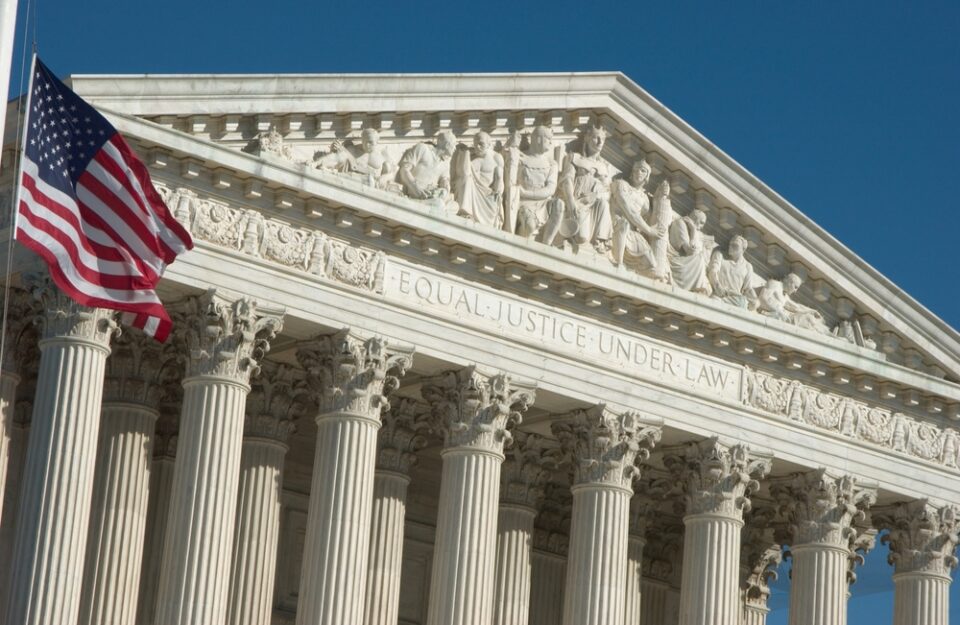The Supreme Court’s recent ruling on Virginia’s voter rolls brought a significant win for both Governor Glenn Youngkin and those pushing for stricter voter integrity. In a 6-3 decision, the Court backed Youngkin’s authority to remove non-citizens from the state’s voter rolls, a move the Biden administration has vigorously opposed. Youngkin’s effort, based on a Virginia law from 2006, led to the removal of over 6,300 non-citizen registrants since his term began in early 2022, with another 1,600 removed after his recent executive order ahead of the upcoming election. Unsurprisingly, liberal justices opposed the ruling, but the majority ruled in favor, marking a firm statement on election protocol and state authority.
Youngkin’s executive order, issued in August, outlined that any non-citizen individuals flagged through the DMV registration process should be removed from the voter rolls unless they provide citizenship proof within a two-week period. In response, the Biden-Harris administration took legal action, arguing that this purge violated the 1993 National Voter Registration Act, which limits large-scale voter roll changes within 90 days of an election. However, Youngkin and Virginia Attorney General Jason Miyares maintained that each case was individually reviewed, avoiding any wholesale or “systematic” removals.
While the case initially met resistance in both a federal district court and the Fourth Circuit Court of Appeals, both of which sided with the administration’s claims, Youngkin and Miyares took the matter to the Supreme Court. In this latest decision, the conservative-leaning court seemed to agree with Youngkin’s interpretation of the 1993 law, emphasizing the distinction between individual cases and mass purges of voters from the rolls.
This ruling effectively supports Youngkin’s commitment to maintain Virginia’s voter rolls accurately and legally, emphasizing the principle that non-citizens cannot participate in federal elections. However, with the 2024 election looming, the political implications of the decision are unlikely to be small. The ruling also demonstrates how the Supreme Court’s involvement can sway the legal outcomes of state-level disputes over voting integrity and may inspire other states to adopt similar practices if they see federal obstacles removed.
In this ruling, the Supreme Court has set a precedent that reinforces state control over maintaining voter eligibility criteria, especially regarding non-citizens.

